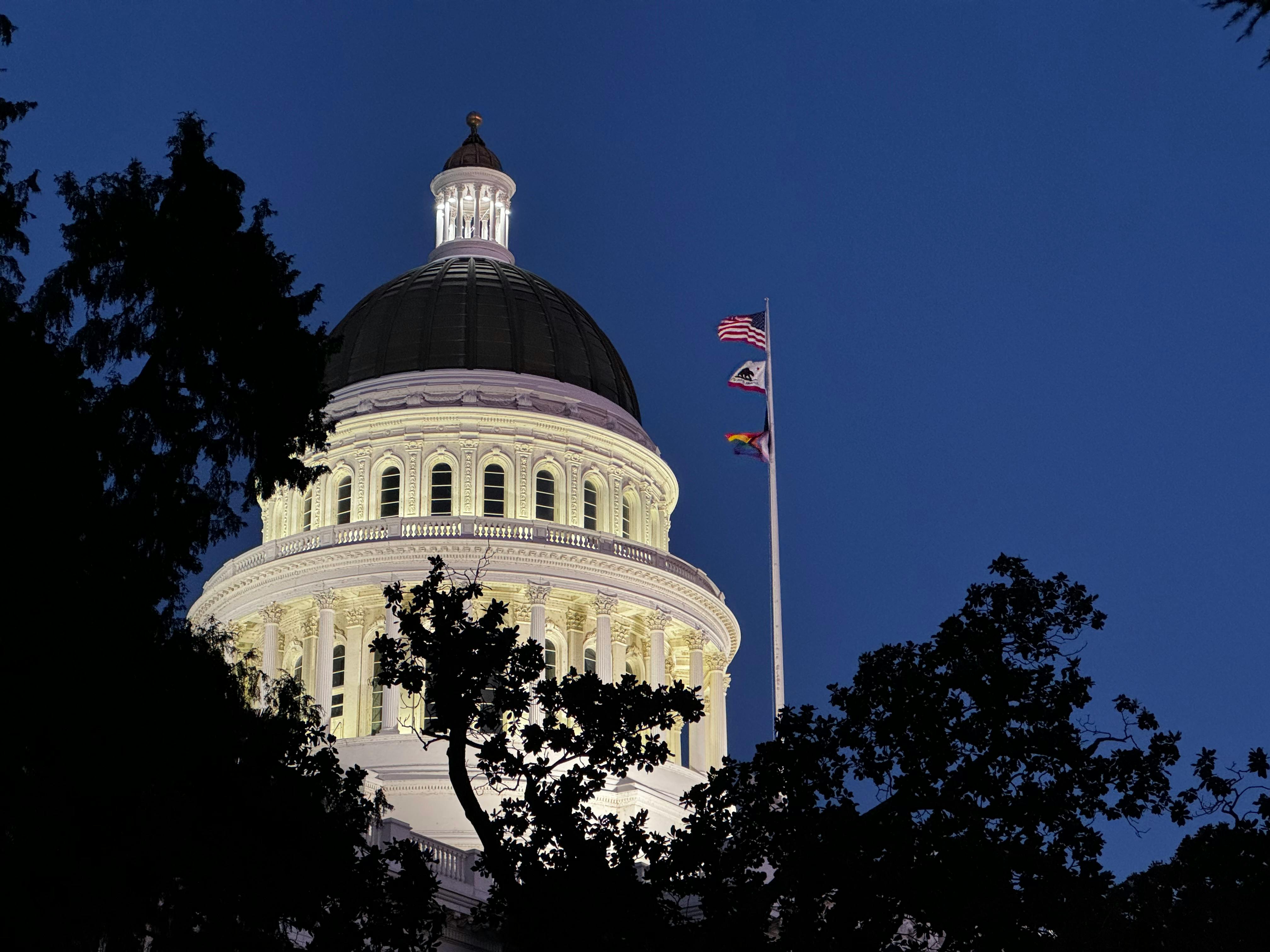Spring 2014
Committee:
Legislative and External Policy Committee and External Affairs Committee
Whereas, Federal drug policies place marijuana in the unscientific Schedule I category, are historically racist, unenforceable, and entirely inconsistent with the political values of Californians, who have never collectively reaped the benefits of the state’s largest cash crop;
Whereas, Police continue to receive grants to prosecute distributors of marijuana, which incentivize arrests only for distributors whose absences would not negatively impact the prevalence of weed distribution, sinking public funds into a problem which perpetuates itself;
Whereas, Our elected officials continue to insist that California has allocated all of the money it can into education and other vital elements of the State Budget, and special interests, which seek to exploit the current state of affairs, continue to oppose legalization of marijuana; and
Whereas, Marijuana is California’s number one (1) cash crop, worth an estimated $15 billion a year, which is currently being lost entirely to the unregulated black market, depriving the state of billions of dollars annually, an amount of money greater than that which the Middle Class Scholarship Act would have redesignated;
Resolved, That the Student Senate for California Community Colleges identifies a legislator to introduce legislation to the effect of taxing marijuana, directing revenue into education, or attempts to involve itself in a ballot proposition process which will tax and regulate marijuana, directing revenue into education;
Resolved, That the Student Senate for California Community Colleges write a letter urging Governor Brown against costly imprisonments for nonviolent, drug related offenses, and identify some alternatives for which the same money could be spent more effectively, such as scholarships; and
Resolved, That the Student Senate for California Community Colleges places this as one of its top legislative priorities, at least until it has the chance to adequately assess its feasibility after March 15, 2015.
Whereas, Police continue to receive grants to prosecute distributors of marijuana, which incentivize arrests only for distributors whose absences would not negatively impact the prevalence of weed distribution, sinking public funds into a problem which perpetuates itself;
Whereas, Our elected officials continue to insist that California has allocated all of the money it can into education and other vital elements of the State Budget, and special interests, which seek to exploit the current state of affairs, continue to oppose legalization of marijuana; and
Whereas, Marijuana is California’s number one (1) cash crop, worth an estimated $15 billion a year, which is currently being lost entirely to the unregulated black market, depriving the state of billions of dollars annually, an amount of money greater than that which the Middle Class Scholarship Act would have redesignated;
Resolved, That the Student Senate for California Community Colleges identifies a legislator to introduce legislation to the effect of taxing marijuana, directing revenue into education, or attempts to involve itself in a ballot proposition process which will tax and regulate marijuana, directing revenue into education;
Resolved, That the Student Senate for California Community Colleges write a letter urging Governor Brown against costly imprisonments for nonviolent, drug related offenses, and identify some alternatives for which the same money could be spent more effectively, such as scholarships; and
Resolved, That the Student Senate for California Community Colleges places this as one of its top legislative priorities, at least until it has the chance to adequately assess its feasibility after March 15, 2015.

